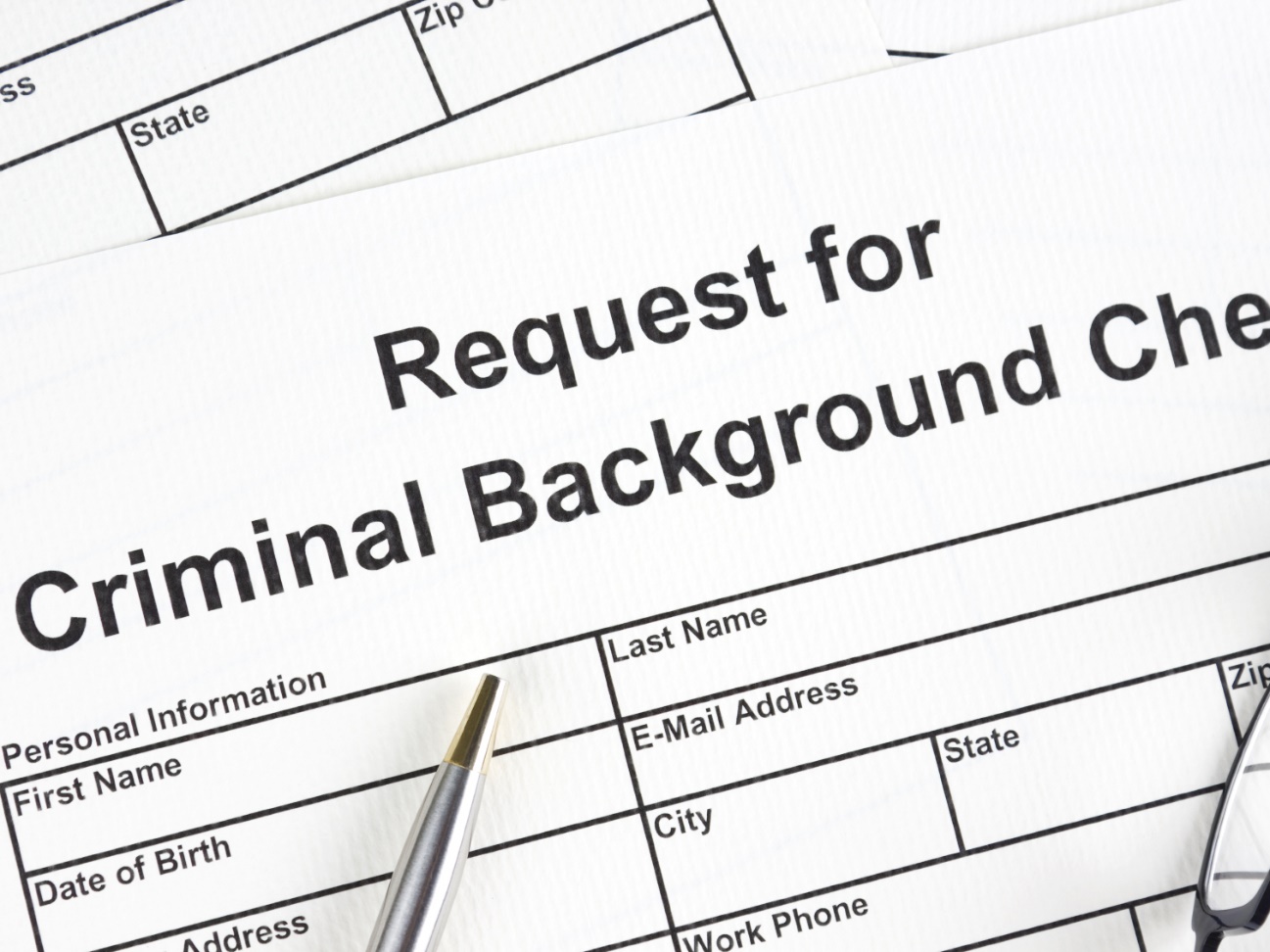Rio de Janeiro
Av. Presidente Wilson, 231 / Salão 902 Parte - Centro
CEP 20030-021 - Rio de Janeiro - RJ
+55 21 3942-1026

The Criminal Record Certificate is a document that aims to inform the lack of criminal record in disfavor of the applicant until the date of issuance of the certificate.
The criminal record certificate is a document that informs whether there are records of crimes in someone's name, with information related to the applicant's name and kept in the Federal Police database. Provided for civil purposes.
A criminal background check is a process that involves investigating an individual's criminal history, typically conducted by employers, organizations, or government agencies. The purpose of a background check is to assess the person's trustworthiness, integrity, and potential risk by examining their past criminal activities.
The background check usually involves searching various databases, including national and local criminal records, to identify any convictions, arrests, pending charges, or other relevant criminal information associated with the individual. The information obtained may include details such as the nature of the offense, dates of arrest or conviction, sentencing information, and any other relevant legal actions.
Criminal background checks are commonly used in the employment process to ensure the safety and security of the workplace, clients, and other employees. They are also conducted for purposes such as volunteer screening, housing applications, professional licensing, and firearm purchases, among others. It is important to note that the process of conducting a criminal background check must comply with applicable laws and regulations, including privacy and anti-discrimination laws.
A criminal record is an official document or record that contains information about a person's criminal history. It is created when a person is arrested, charged, and convicted of a crime. The criminal record typically includes details such as the person's name, date of birth, fingerprints, mugshot, charges filed against them, court proceedings, and the outcome of the case (e.g., conviction, acquittal, or dismissal).
Criminal records are maintained by law enforcement agencies, courts, and other relevant authorities. They serve as a comprehensive record of an individual's involvement in criminal activities. The types of offenses included in a criminal record can vary, ranging from minor offenses like traffic violations to more serious crimes like theft, assault, or drug-related offenses.
Criminal records are generally accessible to authorized individuals and organizations such as law enforcement agencies, employers, educational institutions, and certain government agencies. Employers, for example, often conduct background checks on potential employees to assess their suitability for a particular job. Having a criminal record can have various consequences, including limitations on job prospects, housing opportunities, and travel restrictions, as well as potential social stigma. The rules and regulations regarding the access, use, and disclosure of criminal records can vary by jurisdiction.
We can assist you and provide your criminal check background anywhere in the world.
Applying for criminal records or obtaining a criminal background check can vary from country to country, as each jurisdiction has its own procedures and requirements. However, I can provide you with a general overview of the steps involved in applying for criminal records in most countries. It's important to note that specific requirements may vary, so it's recommended to consult the official websites or contact the relevant authorities in the specific country where you need the criminal records. Here's a general outline:
1. Determine the Purpose: Understand why you need the criminal records and for what purpose. This information can help you determine the type of record you need and the appropriate authorities to approach.
2. Identify the Relevant Authority: Find out which government agency or department is responsible for issuing criminal records in the country you're interested in. This can be the police department, national criminal records bureau, or a similar agency.
3. Gather Required Documents: Typically, you'll need to provide certain documents to initiate the application process. These may include identification documents (e.g., passport), proof of residence, application forms, and any other documents specified by the relevant authority.
4. Complete Application Forms: Fill out the required application forms accurately and completely. Make sure to provide all the necessary information, such as your personal details, purpose of the request, and any additional details required.
5. Pay Fees: Check if there are any application fees or processing charges involved. Some countries may require you to pay a fee to obtain the criminal records.
6. Submit the Application: Once you have completed the necessary forms and gathered the required documents, submit your application to the designated authority. This can usually be done in person, by mail, or through an online application portal, depending on the country's procedures.
7. Processing Time: Be aware that the processing time can vary depending on the country and the workload of the authority. It may take anywhere from a few days to several weeks to receive the criminal records.
8. Receive the Criminal Records: Once your application is processed, you will receive the criminal records in the format specified by the authority. It could be a printed document, an electronic file, or any other acceptable form.
 Mr. Alessandro Jacob speaking about Brazilian Law on "International Bar Association" conference
Mr. Alessandro Jacob speaking about Brazilian Law on "International Bar Association" conference Av. Presidente Wilson, 231 / Salão 902 Parte - Centro
CEP 20030-021 - Rio de Janeiro - RJ
+55 21 3942-1026
Travessa Dona Paula, 13 - Higienópolis
CEP -01239-050 - São Paulo - SP
+ 55 11 3280-2197